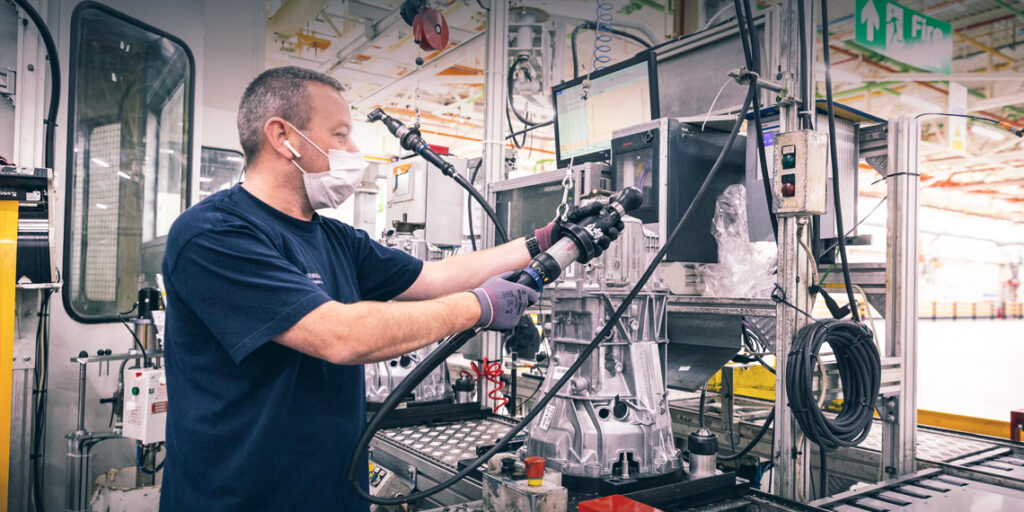Ford has announced plans to cut 4,000 jobs across Europe, citing slowing electric vehicle (EV) sales and increasing competition from Chinese manufacturers.
The American carmaker revealed that 2,900 positions will be eliminated in Germany and 800 in the UK, with the redundancies to be completed by the end of 2027. Notably, its UK sites in Dagenham and Halewood will remain unaffected.
The job cuts, representing 14% of Ford’s 28,000-strong European workforce, are part of a broader effort by global carmakers to reduce costs while navigating the industry’s shift to electric mobility.
Ford has scaled back production plans for its upcoming electric Explorer and Capri models, citing the “weak economic situation and lower-than-expected demand for electric cars.”
This has led to reduced operating hours at its Cologne factory in Germany, where the company recently invested $2 billion (£1.6 billion) to upgrade the site for EV production.
The announcement comes as several automakers, including Toyota, Volvo, and Bentley, have pivoted to hybrid vehicles—combining traditional combustion engines with smaller batteries—as a middle ground to meet consumer demand and regulatory pressures. Ford’s US operations also cancelled plans for an electric SUV earlier this year.
Ford highlighted significant challenges for Europe’s carmakers, including fierce competition, economic headwinds, and a disconnect between consumer demand and regulatory requirements for electrified vehicles.
The job cuts will primarily affect product development and administrative roles such as finance, human resources, and government affairs.
In the UK, Ford employs 6,500 people, including at its technical centre in Dunton, Essex, where it develops the Transit van. The company has not specified which British roles will be impacted.
Peter Godsell, Ford’s vice-president in Europe, criticised the UK’s zero-emission vehicle (ZEV) mandate, which requires carmakers to sell an increasing proportion of electric vehicles annually.
Calling the mandate “challenging” in the current market, Godsell warned that the rules are creating instability for manufacturers.
“The market conditions are making it unworkable at the moment. It’s a really unstable environment,” Godsell said, ahead of a meeting between UK car industry representatives and British ministers.
While some manufacturers have urged a relaxation of the ZEV mandate, stakeholders such as charger companies and fleet owners caution that altering the rules could undermine substantial investments in the sector.
John Lawler, Ford’s chief financial officer, emphasised the need for government support to bolster EV market conditions across Europe.
“What we lack in Europe and Germany is an unmistakable, clear policy agenda to advance e-mobility, such as public investments in charging infrastructure, meaningful incentives to help consumers make the shift to electrified vehicles, improving cost competitiveness for manufacturers, and greater flexibility in meeting CO2 compliance targets,” Lawler said.
Ford’s announcement reflects the growing strain on carmakers to balance the transition to electric vehicles with economic realities, highlighting the need for coordinated policy and market support to drive sustainable growth in the sector.


